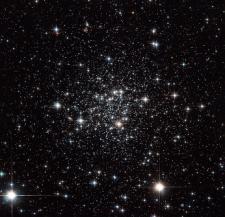Aggregated News

Five weeks from now, on July 16, a Falcon 9 rocket is scheduled to blast off from Cape Canaveral to the International Space Station carrying a DNA sequencer into space for the first time.
While this isn’t big-deal science, no one has ever tried to decode DNA in outer space before. Being able to is something that might come in handy on a Mars mission if a crewmember gets sick or alien mold appears in a spaceship.
“Right now we culture stuff and return it to Earth, but if you send people to Mars you aren’t going to send samples back,” says Aaron Burton, a NASA chemist in charge of the experiment. He said NASA is also interested in determining if the microbes in people’s guts change while they’re in space.
Also notable is that the instrument to be shot into space, called the MinION, is small enough to fit in a coat pocket and works by reading DNA as it’s sucked through a teensy nanopore.
The sequencer is made by the British company Oxford Nanopore, which claims that...



